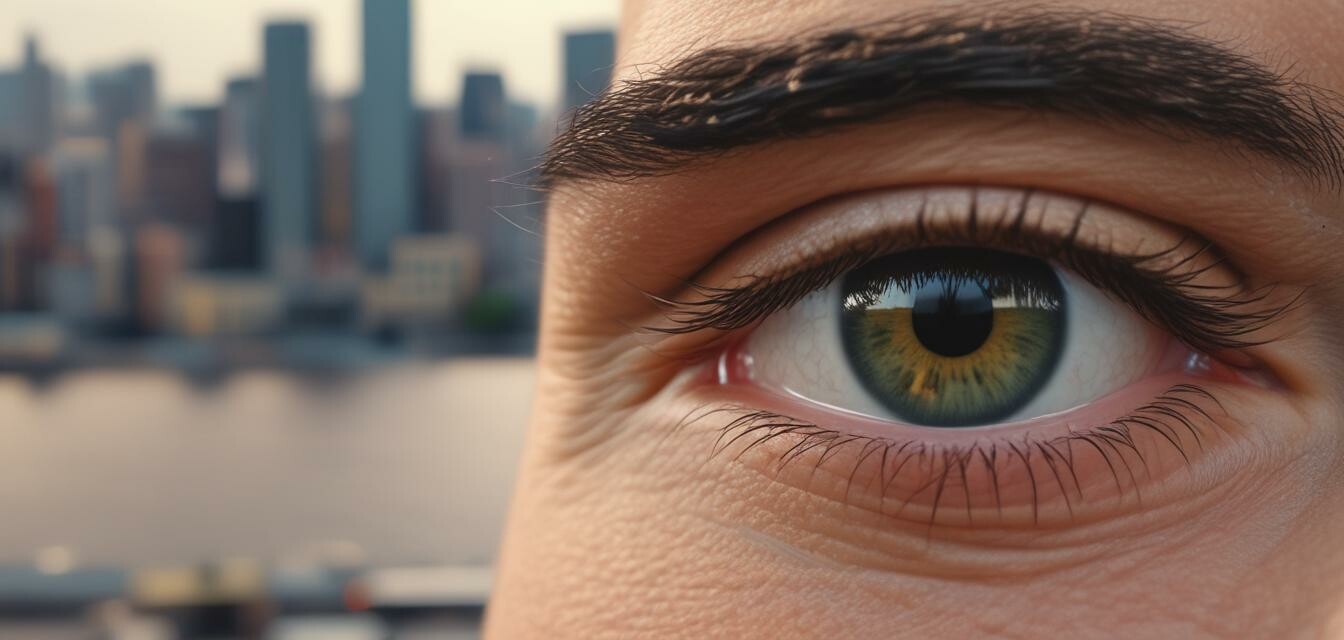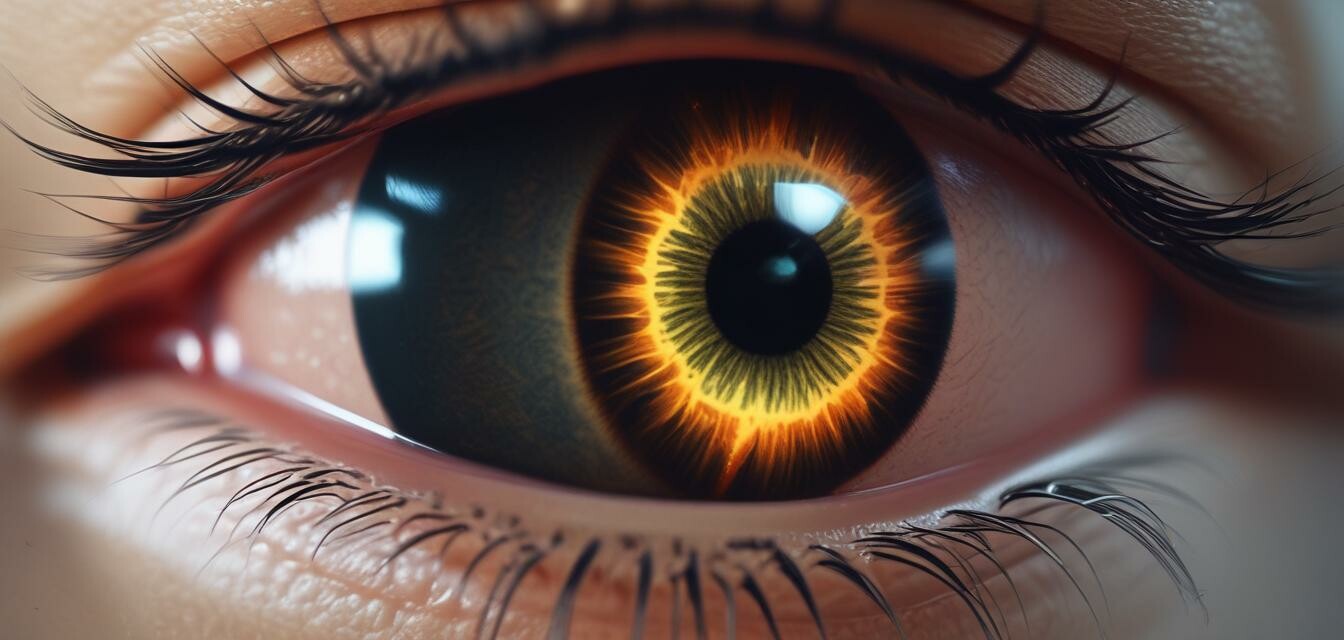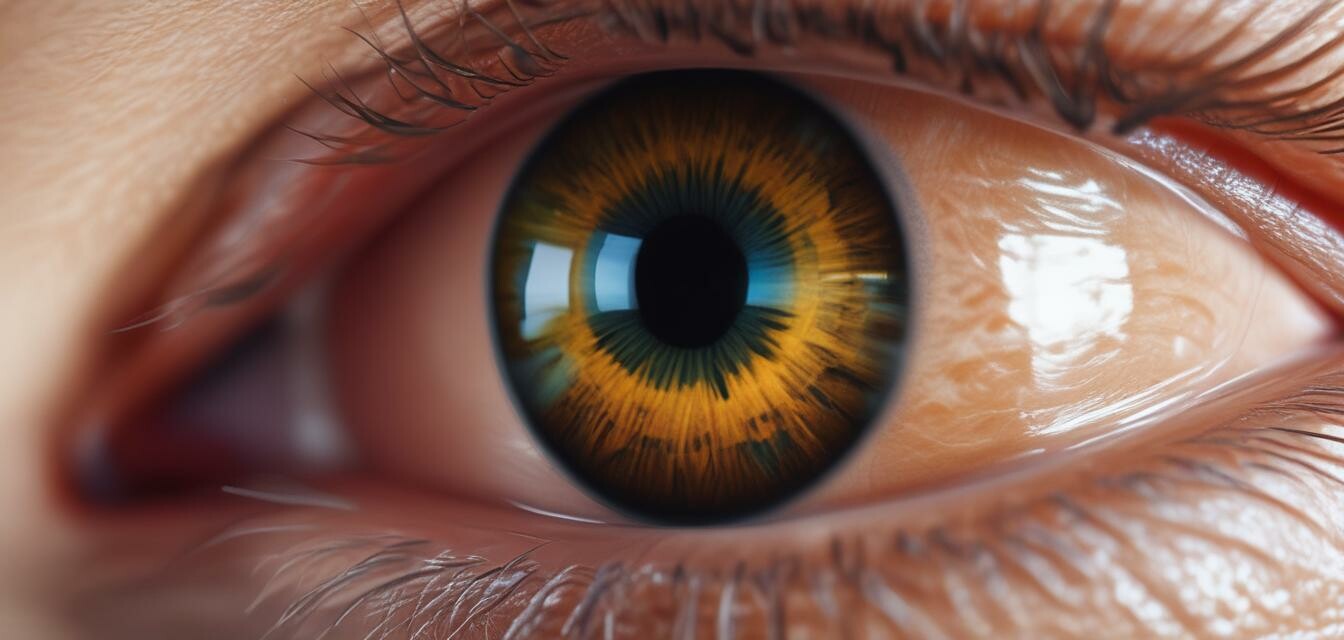
Vision Therapy: Unlocking Your Visual Potential
Vision therapy is a type of structured program designed to enhance visual skills and processing. It's a personalized approach that helps individuals improve their visual abilities, leading to better performance in daily activities, sports, and academics.
Key Takeaways:
- Vision therapy is a customized program to enhance visual skills and processing.
- It helps improve visual abilities, leading to better performance in daily activities, sports, and academics.
- Vision therapy is different from eye exercises, which only focus on strengthening eye muscles.
What is Vision Therapy?
Vision therapy is a type of physical therapy for the visual system. It's a structured program that aims to improve visual skills such as eye movement, focusing, and processing. This therapy is usually conducted under the supervision of a licensed optometrist or ophthalmologist.
| Vision Therapy | Eye Exercises |
|---|---|
| Customized program to enhance visual skills and processing | General exercises to strengthen eye muscles |
| Improves visual abilities, leading to better performance in daily activities, sports, and academics | Limited benefits, mostly focused on reducing eye strain |
How Does Vision Therapy Work?
Vision therapy works by identifying and addressing specific visual skills that need improvement. The program is tailored to each individual's needs and may involve a combination of techniques, including:
- Visual processing exercises
- Eye movement and tracking exercises
- Focusing and convergence exercises
- Perceptual training
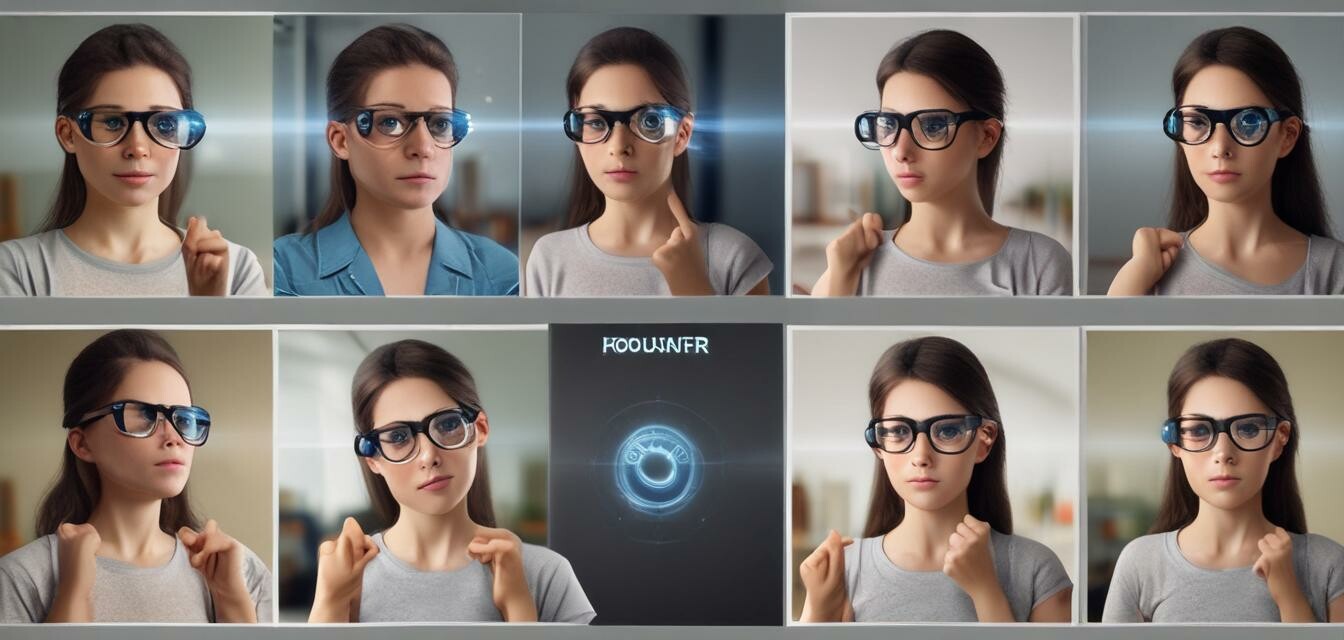
Benefits of Vision Therapy
Vision therapy has numerous benefits, including:
- Improved visual acuity and clarity
- Enhanced visual processing and comprehension
- Better eye-hand coordination and fine motor skills
- Increased confidence and self-esteem
Who Can Benefit from Vision Therapy?
Vision therapy can benefit individuals of all ages, including:
- Children with learning disabilities or developmental delays
- Adults with vision-related problems, such as convergence insufficiency or amblyopia
- Athletes seeking to improve their visual performance
- Individuals with traumatic brain injuries or stroke survivors
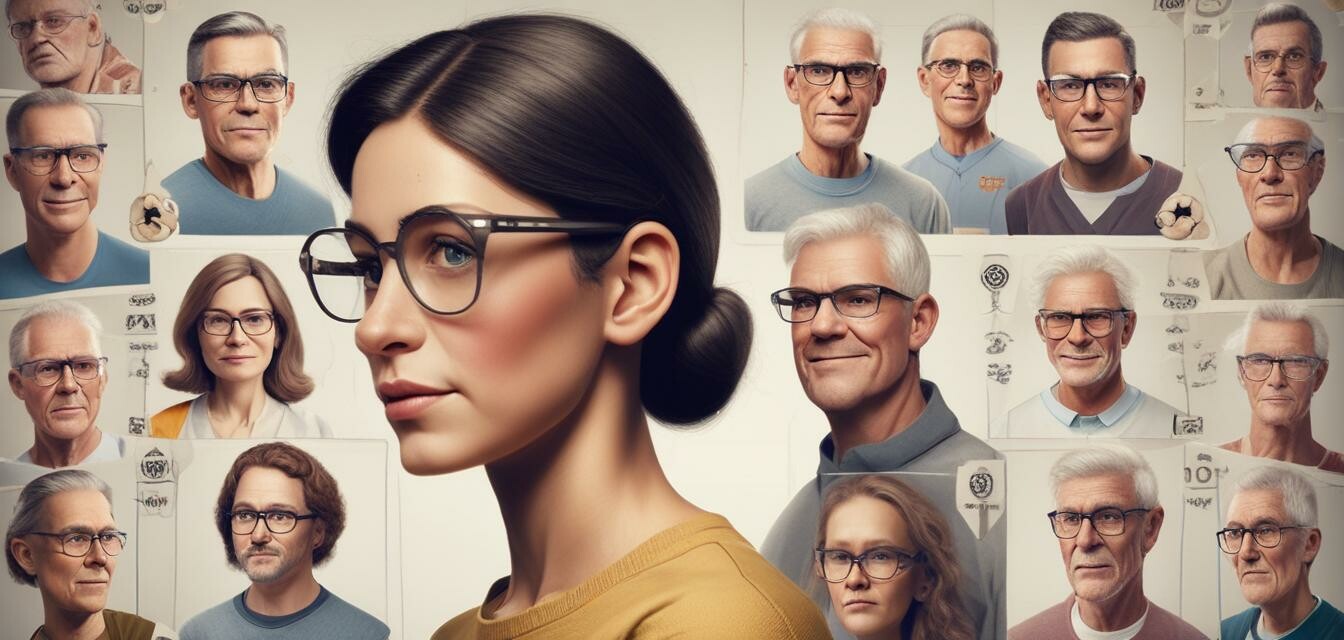
How to Get Started with Vision Therapy
If you're interested in vision therapy, start by consulting with a licensed optometrist or ophthalmologist. They will assess your visual skills and create a personalized program tailored to your needs.
Additionally, you can explore our range of natural vision exercises and vision therapy tools to supplement your program.

Pros
- Customized program to address specific visual needs
- Improves visual abilities, leading to better performance in daily activities, sports, and academics
- Non-invasive and pain-free
Cons
- Requires commitment and dedication to the program
- May require multiple sessions with an optometrist or ophthalmologist
- Results may vary depending on individual circumstances
Beginners Section
- Consult with a licensed optometrist or ophthalmologist to determine if vision therapy is right for you.
- Be patient and consistent with your vision therapy program.
- Explore our range of natural vision exercises and vision therapy tools to supplement your program.
By understanding the benefits and process of vision therapy, you can take the first step towards unlocking your visual potential. Remember to consult with a licensed optometrist or ophthalmologist to determine if vision therapy is right for you.


